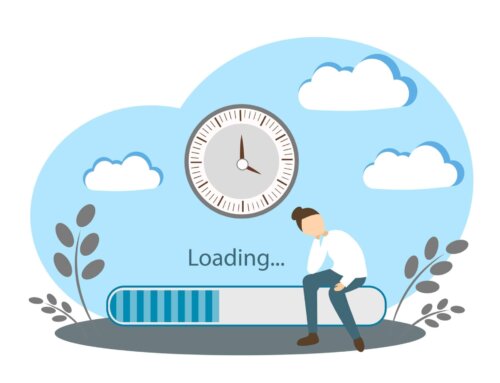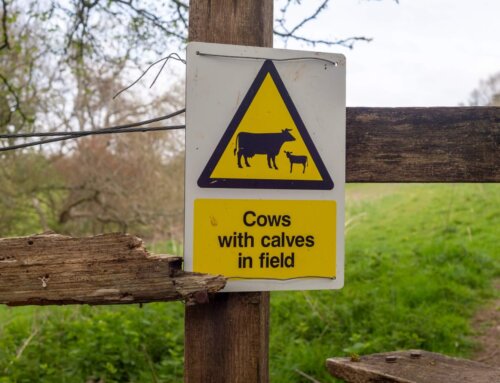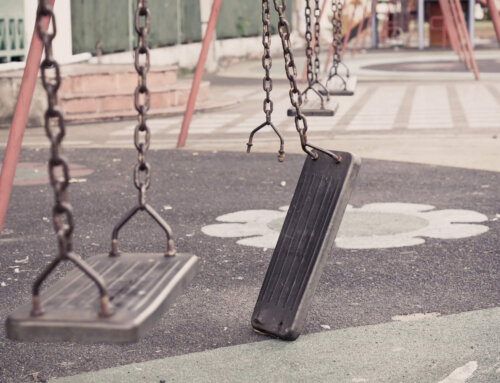Contrary to what the press would have you believe, the idea that there is some kind of ‘compensation culture’ in this country, is a myth that has been bandied about for many years by the government and the insurance industry, using sections of the national press to act as their PR mouthpiece.
It is a myth that has been debunked time and again. In 2012 the organisation, APIL (Association of Personal injury Lawyers) produced The Whiplash Report. Its findings were based on a detailed survey of 4000 people. One of the most noticeable findings of the survey informed us that 40% of people surveyed, who had suffered a whiplash injury, didn’t claim compensation. These findings hardly support the idea of there being some kind of personal injury claim epidemic!
Why do some people not make personal injury claims, when they would be entitled to do so?
There’s no doubt that the government and insurance industry’s campaign to put people off making PI claims, has worked, to an extent. By painting the picture that making an injury compensation claim is somehow morally wrong, some people feel are made to feel uncomfortable about claiming what they are entitled to.
However, that can’t be the sole reason that a high percentage of those who could make whiplash claims and indeed other types of accident injury claims, fail to do so.
We think that many people are discouraged from making injury compensation claims because they don’t have any real understanding of what is involved in the claims process or have genuine fears that they are going to have to go to court if they start an injury claim. The fear of not knowing what they are getting into is a big factor in putting off genuine would be personal injury claimants.
If you’ve been injured in an accident but are concerned about what you are getting yourself into, should you make a personal injury claim, we hope that the answers we’ve provided to the following questions will put your mind at ease.
1. What type of legal case is a personal injury claim – is it civil or criminal?
It is a civil case. The personal injury claim that you make will follow civil court procedures. A civil case for personal injury compensation is made against another person when their mistake, known as ‘negligence ’, has caused you harm.
Here are some examples of cases that could give rise to your making civil compensation claim :
- A driver who runs into the back of your car in a road traffic accident and causes you to suffer whiplash injury as a result, is said to have been negligent. The driver made a mistake as opposed to causing the accident deliberately (in most cases, anyway).
- An employer who asks you to carry out a task at work and you get injured because you were provided with faulty tools or machinery, is in breach of his duty of care to you. In other words, his negligence in failing to ensure that you were provided with the right equipment for the job, has caused you to be injured.
- A local authority that has failed to maintain the pavement, causing you to suffer personal injury because you fall over a raised or broken flagstone, has been negligent in their duty of care to keep you safe when you walk along a pavement that is their responsibility to maintain.
If you were to make a car accident claim, an accident at work claim or a public liability claim, to compensate you for the injury you suffered, then you would be making a civil claim.
2. Will the injury claim will go to a civil court?
Although we are jumping ahead of ourselves here this is still a good question to ask. We think that the thought of having to go to court is one of the main reasons why so many people end up not making personal injury claims when they would be entitled to do so.
The claim will be made using civil procedure rules, protocols and procedures.
However, that doesn’t mean that your case is going to end up going to court, to be decided upon. It is estimated that only 1% of all personal injury claims end up at a court hearing.
The reason we said ‘we are jumping ahead here’ is because if you instruct a firm of solicitors to pursue your claim, you may well be told, after the claim has been ongoing for a few months, that they are going to issue court proceedings. The reason they may decide to do this could be for any one of the following reasons:
- The other party to the claim is refusing to admit liability for the accident.
- The other party (usually through their insurance company or through the insurers’ own solicitors) are refusing to offer you an acceptable amount of compensation.
- The other party are simply being slow to respond or to deal with procedural matters.
- The case is a very complex one.
Even if your solicitors issue proceedings it does not mean that your claim will end up at trial. The issuing of court proceedings is done by filing papers about your case with the court, together with payment of a court fee.
In many cases, your solicitor will take this step to put pressure on the other side. It’s amazing how often, the very issuing of proceedings leads to a fairly quick settlement of a claim! Even if it doesn’t settle straightaway, have faith and remember that very few civil cases end up in a courtroom! The majority settle pre trial.
Don’t forget too that your solicitors will have been super careful when deciding to take on your personal injury case. It’s likely that your claim will have been be funded using a No Win No Fee agreement, meaning that your solicitors only get their legal fees, if they win your case. Be encouraged by the fact too, that this indicates that your solicitor believes strongly, in the merits of your claim.
3. If my personal injury case does end up going to a court hearing, will it be a jury that decides it?
Absolutely not. It is hugely important to stress this, because some clients have told us that they originally didn’t make a claim because they thought the case would end up in court and they would have to give evidence before a jury with lots of people in the public gallery!
IF your case ends up going to court and you have to attend, there will be no jury and no public gallery. The case will be decided by a judge.
In most personal injury cases where the claim is estimated at being worth between £1000 and £25,000 you probably wouldn’t even have to attend court yourself anyway. You would be represented in the courtroom by either your solicitor or a barrister appointed for the specific purpose of dealing with your case at the court hearing.
4. How Can Mooneerams help me?
We fight to get the maximum compensation possible for our personal injury clients. At Mooneerams, we recognise that our clients are coming to us to provide them with legal solutions at a difficult time. We don’t talk down to our clients and we don’t talk in legal riddles. We just provide honest, expert and empathetic advice and assistance. We robustly fighter our clients’ corner.
- We are expert personal injury solicitors.
- We only act for claimants – not for insurers or local authorities.
- We only act for people with personal injury claims (including clinical negligence claims and asbestos disease claims).
If you’ve been injured in an accident that wasn’t your fault call us at Mooneerams. You’ll be in good hands. Call us now on 029 2048 3615 for a no obligation, chat about your claim.
Alternatively, send your details to us using the box on the right of this page. You can also email us using enquiries@mooneerams.com. We’ll call you back at a time to suit you.









